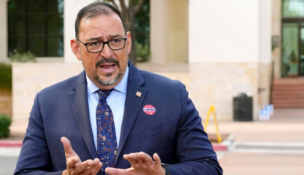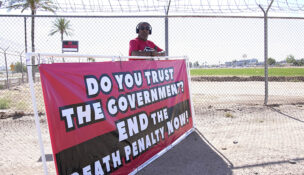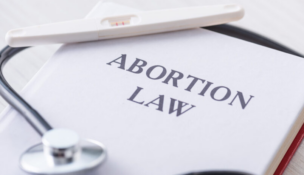Brnovich drops defamation lawsuit against billionaire activist
Howard Fischer, Capitol Media Services//February 4, 2019//[read_meter]
Brnovich drops defamation lawsuit against billionaire activist
Howard Fischer, Capitol Media Services//February 4, 2019//[read_meter]
Arizona Attorney General Mark Brnovich (Photo by Katie Campbell/Arizona Capitol Times) Attorney General Mark Brnovich dropped the defamation lawsuit he filed last fall against backers of...
No tags for this post.
















